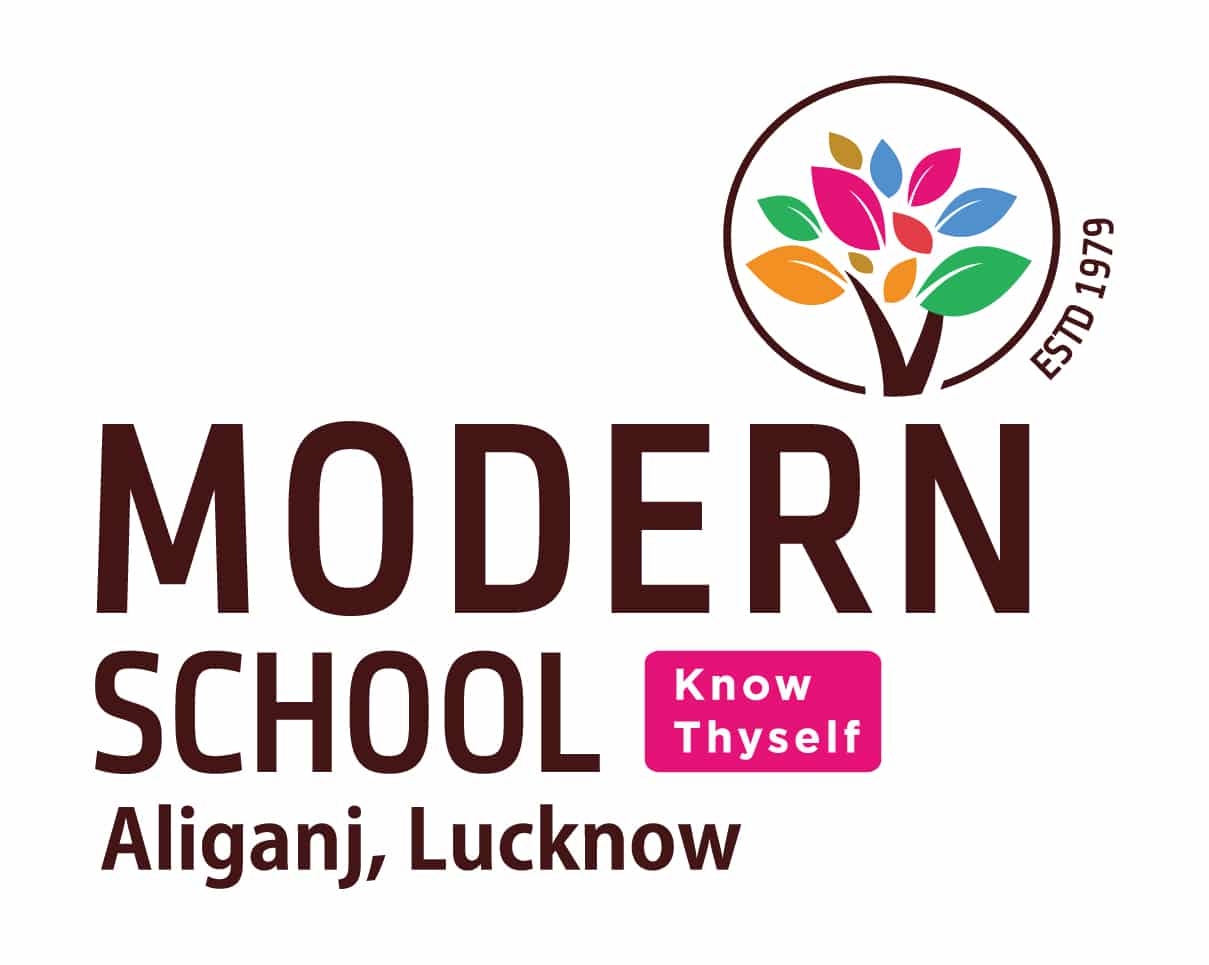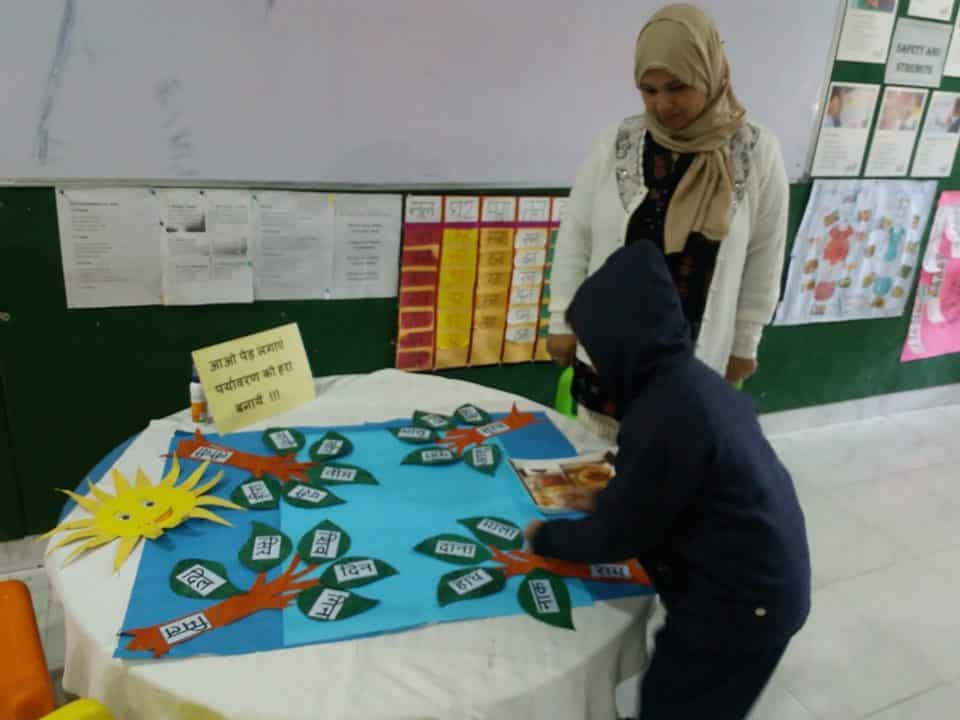
Purpose: Students learn to take OWNERSHIP of their LEARNING
These conferences take place three to six times in a year. The purpose of the conference is for the student to celebrate achievements, reflect on their learning journey, and set goals for the future. This is the beauty of the IB-PYP Program. Student-led conferences can take a number of different forms, but roles stay the same. A student-led conference is similar to a parent-teacher conference, but the student is present and in charge of leading the discussion. It provides an opportunity to discuss how the teacher and parents can help the student succeed. Parents admire how much their children can take responsibility for learning, in a child-centered school.
The Student’s role
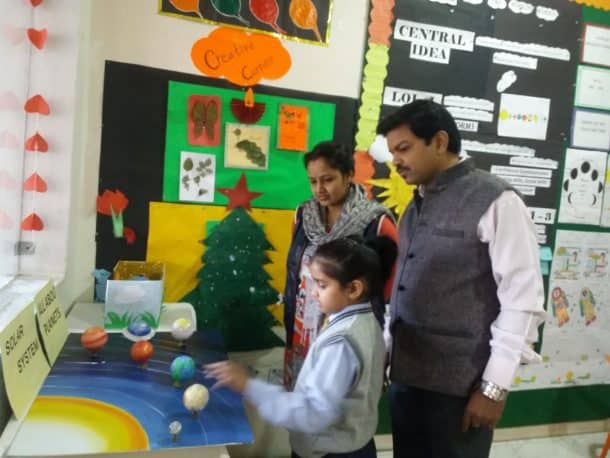
- The students demonstrate that he/she is the agent of learning by showing what/how/why they learn.
- The students present work and guide the discussion by showcasing their academic and social progress through a variety of well thought out activities.
- The student explains what they have learned through the inquiry method and how this has contributed to their growth as a learner.
Parents’ role
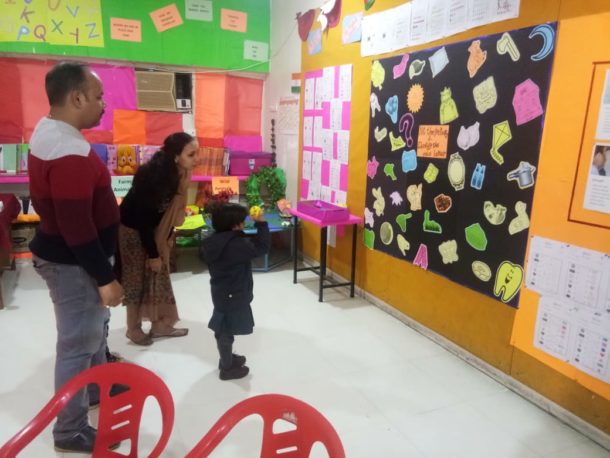
- Parents encourage and support their children in describing their learning journey by asking questions.
- They provide positive feedback to their child; help them to set goals for the future and create an action plan for helping to achieve those goals.
Teacher’s role
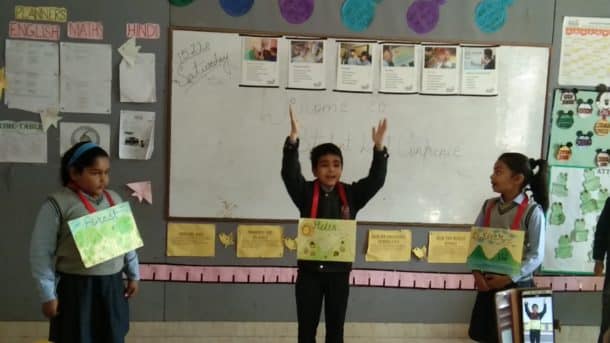
The teacher acts as a facilitator
- Helps support the students to take responsibility for the conference by guiding students in planning, organizing and practicing for the conference.
- Provide guidance and expectations for student reflections.
- Teachers can observe and understand what kind of support students have at home.
- Student-led conferences help students realize teachers are an active partner in their learning journey.
Benefits
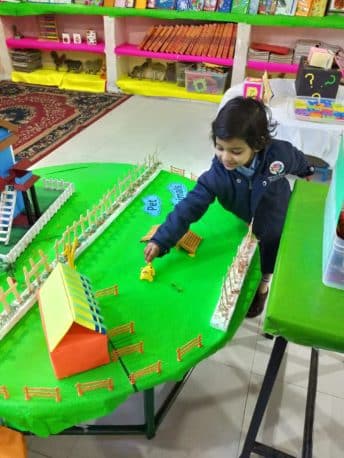
Requires students to evaluate and reflect upon their work on a regular basis and help them identify what they don’t understand about a particular subject
- Students take more responsibility for their own learning.
- It helps them to see the relevance of their schoolwork in their lives and contribute to metacognitive growth.
- Allows for the ‘original voice’ of the child.
